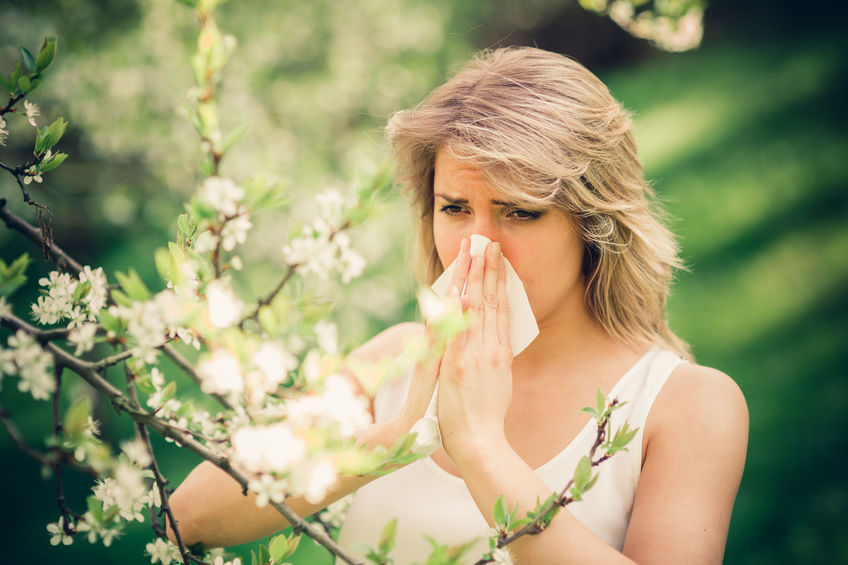Springtime is finally here (hopefully), and with it: allergy season. If you’re an allergy sufferer, you’re not alone. About 8% of people in the U.S. are right there with you experiencing hay fever—or allergic rhinitis—each year. [1] The good news is, you can take steps to reduce your allergy symptoms and enjoy the season.
What causes springtime allergies?
The short answer: pollen. Many of the plants (e.g., weeds, grasses, trees) release super small grains of pollen into the air during the spring season. You then breathe them in, making your body’s defense system to go “haywire.” [2]
“The immune system mistakenly sees the pollen as a danger and releases antibodies that attack the allergens. That leads to the release of chemicals called histamines into the blood. Histamines trigger the runny nose, itchy eyes, and other symptoms that are all too familiar if you have allergies.”
-WebMD
How to reduce springtime allergies
Breathe less pollen
On dry, windy days, stay inside. Pollen counts are usually higher on these days, increasing your exposure. Use an allergy tracker and stay in the know. Find out pollen levels and then adjust accordingly.
You may also want to delegate those outdoor chores to someone else. Plus, don’t put your laundry on the clothesline to dry. Pollen can stick to towels, clothes, and bedsheets.
Keep your home’s air pollen-free
Open windows and doors let pollen right into your house. Keep them closed and instead, use your air conditioner.
You may want to change your filters in the spring, and maybe add a dehumidifier or air purifier with a HEPA filter.
Talk to your doctor
We’re here to help. A variety of over-the-counter and prescription medications are available that may offer some relief. Talk to your doctor about your specific symptoms and needs. Together, we can identify options best for you and your situation.

